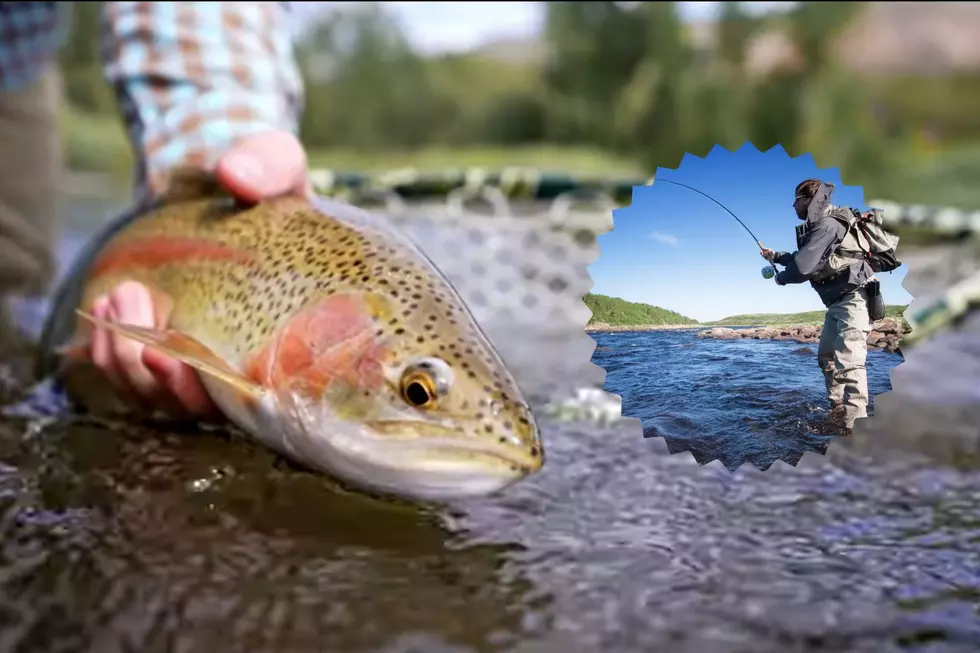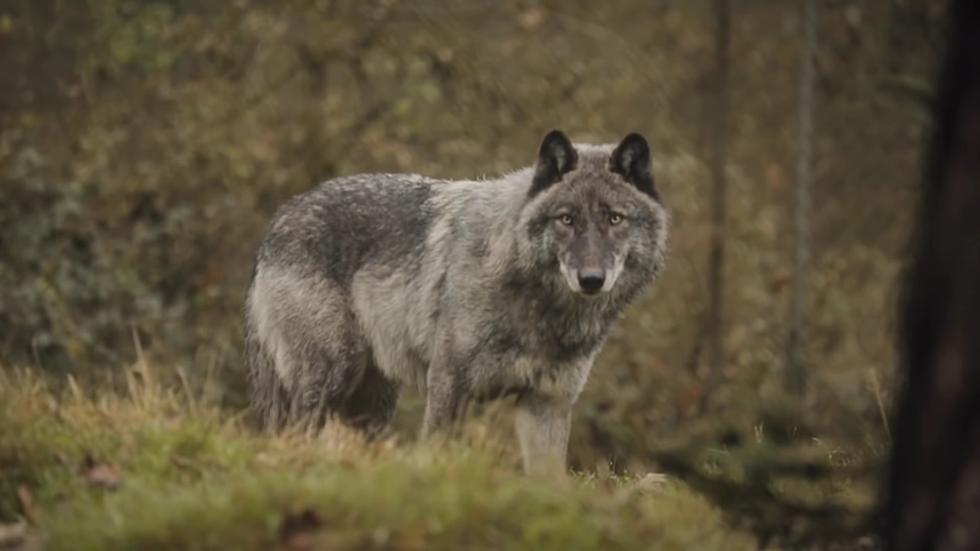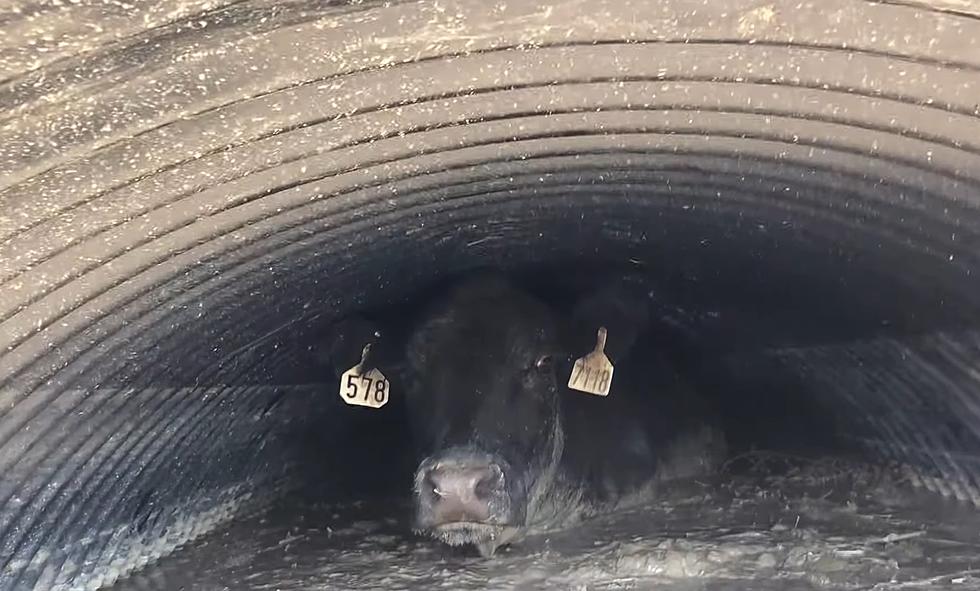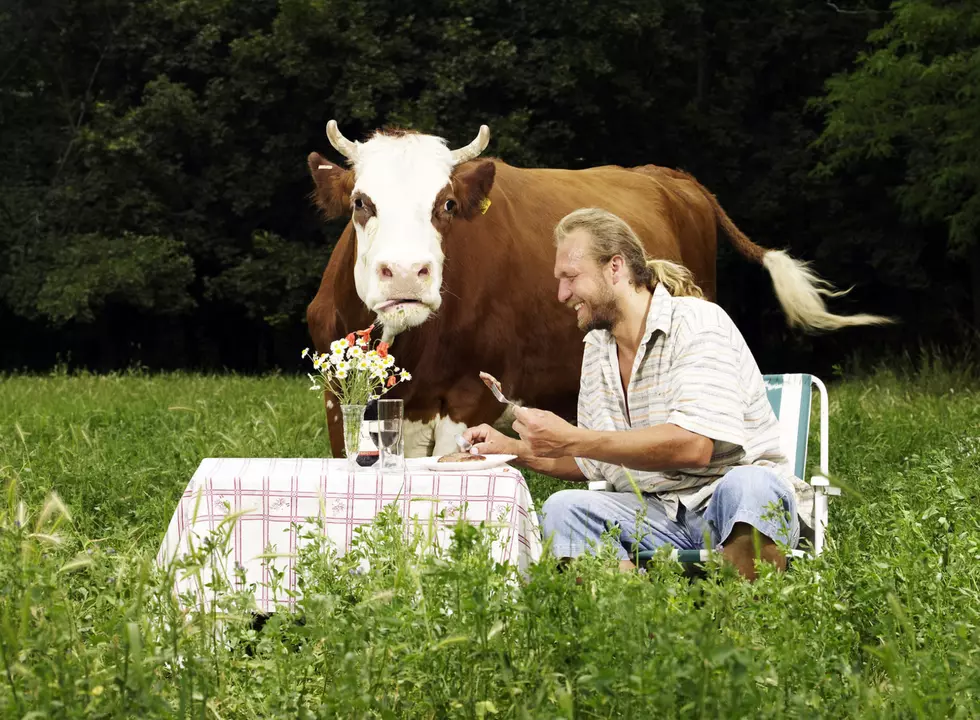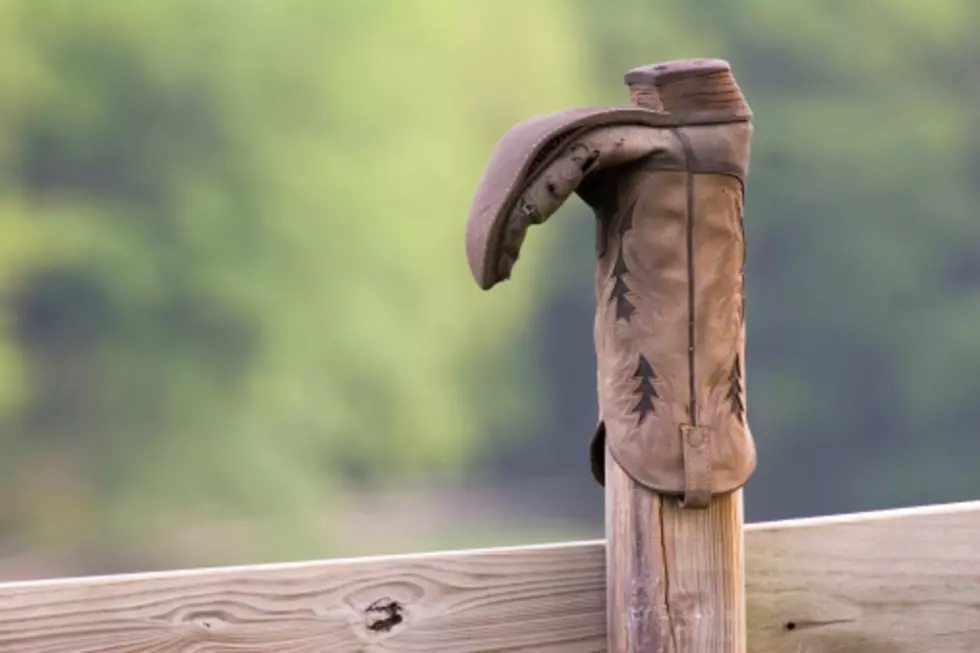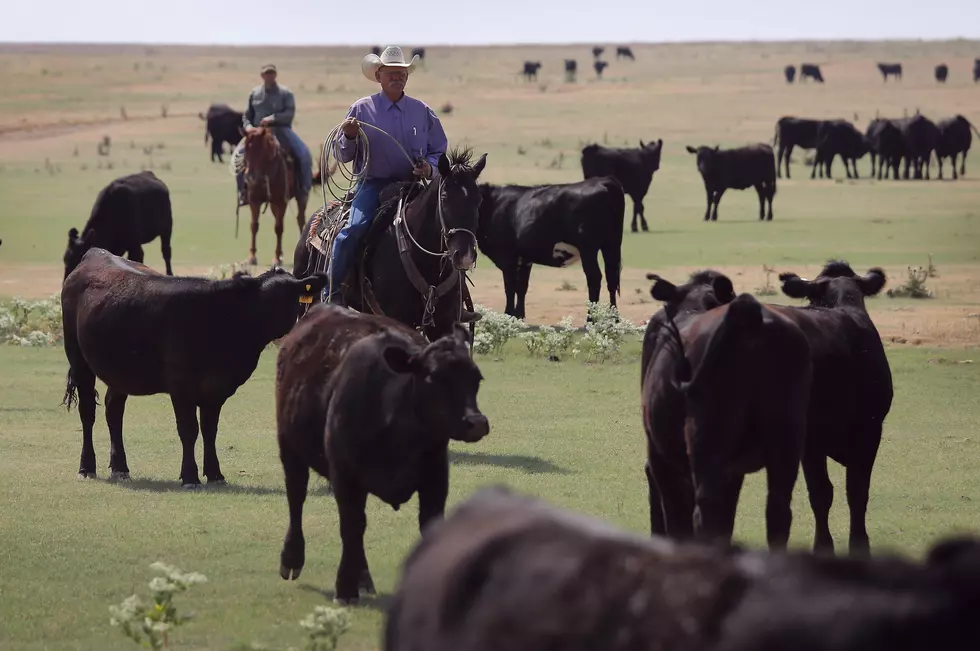
Ranching: The Good, The Bad, and The Ugly
Some say Wyoming's cattle industry started by accident.
The story goes that in the winter of 1852 Seth Ward left cattle in Fort Laramie to graze the open range along Chugwater Creek north of what is now Cheyenne. "He expected to find carcasses in the spring. Yet when he returned he found 'the oxen,' as he called them, thriving," archived by the Wyoming State Historical Society.
Between 1841 and 1860 nearly 350,000 people crossed into the Cowboy State, bringing with them a local demand for beef.
The boom really began in 1867; from Baron Walter von Richthofen's Cattle-Raising on the Plains of North America (1885) comes the bright-eyed quote: "There is not the slightest amount of uncertainty in cattle raising."

With cash receipts near $2 billion annually, agriculture is one of the leading industries in Wyoming today.
Most people associate Wyoming with the famous bucking bronco Steamboat that adorns our license plates. Cowboys helped make cattle production one of the largest agricultural commodities in the state, according to the USDA, and for years, Wyoming range cattle have commanded top market value.
K2Radio News sat down with a fourth generation rancher to discuss the Good, the Bad, and the Ugly.
To listen to the full interview, check out our Report to Wyoming podcast.
Her husband is a 6th generation rancher whose family homesteaded in the mid-1800s at the same ranch where they live today and manage ~3000 head of cattle. There are three others who help out on the ranch besides herself, her husband and two boys. She is a very private person, and thus wished to remain anonymous.
She said the best parts about ranching are their core morals and values; "a lot of that surrounds family, community, sustainability and a connection with nature."
She's very grateful to raise her boys on a ranch, to work with them, and teach them about the industry.
"I think that what we do is Heaven on Earth" she said.
We jumped to the "bad" when she brought up the unpredictability of weather. These last couple weeks they've been dealing with negative temps and hard crusty snow.
"That's hard on our cattle because we stock-pile fall feed for them, and now it's trapped under snow. A lot of our neighbors are having to feed early, and that's stressful, it's hard on their pocketbook and planning."
She touched on an earlier spring storm that led to one of the harder days on the ranch. They had just started calving, and despite driving around and picking up calves to let them warm up in the truck, a few didn't make it. "That was definitely an ugly part of ranching, seeing those cattle ultimately freeze, and you can only do so much before nature wins."
As more and more people shift towards a vegan diet, and the USDA pushes for lab grown beef, she says it's frustrating.
"The smaller rancher gets grouped into the 'Big Four' packing companies," which she says is--"quite frankly"--a 180 degree turnaround from what they do. Their cattle are grass fed and they don't use antibiotics. She said it's much harder, and they're very proud of the way they raise their cattle.
Ranching is no picnic. With the unpredictability of weather, income, and animal health, ranchers are constantly stressed.
"If it's not calving, you're getting ready to irrigate for haying, if it's not haying you're getting ready to preg-test. There's always work to be done. You can't just close the file and be done for the day. It is absolutely a 24 hour job from the hottest days to the coldest days."
The agriculture community faces many unique challenges. These stressors can weigh heavily on farmers and ranchers.
For the second part of the podcast K2Radio News talked to Olivia Schon, the director of Wyoming 211--a non-profit call center that provides resources specifically for farmers and ranchers in the Equality State.
"Simply put, we take care of those that take care of us. We're trying to protect the people that feed America," said Schon.
Schon said mental health is an important topic within this community because there is a lot of pressure that comes from outside sources, and in general, farmers and ranchers don't have any time for themselves.
"They're always in the field, they're always working. If they're struggling with anxiety, depression or loneliness, they might not have time [to meet with a therapist]."
Wyoming 211 has therapists who are willing to meet ranchers where they are, so they don't have to drive anywhere to get the help they need.
You can hear the full interview here.
Top 23 Best Places to Get a Hamburger in Casper
[carbongallery id="61afd2890ce1d1623e6a41cd"]
More From Wake Up Wyoming
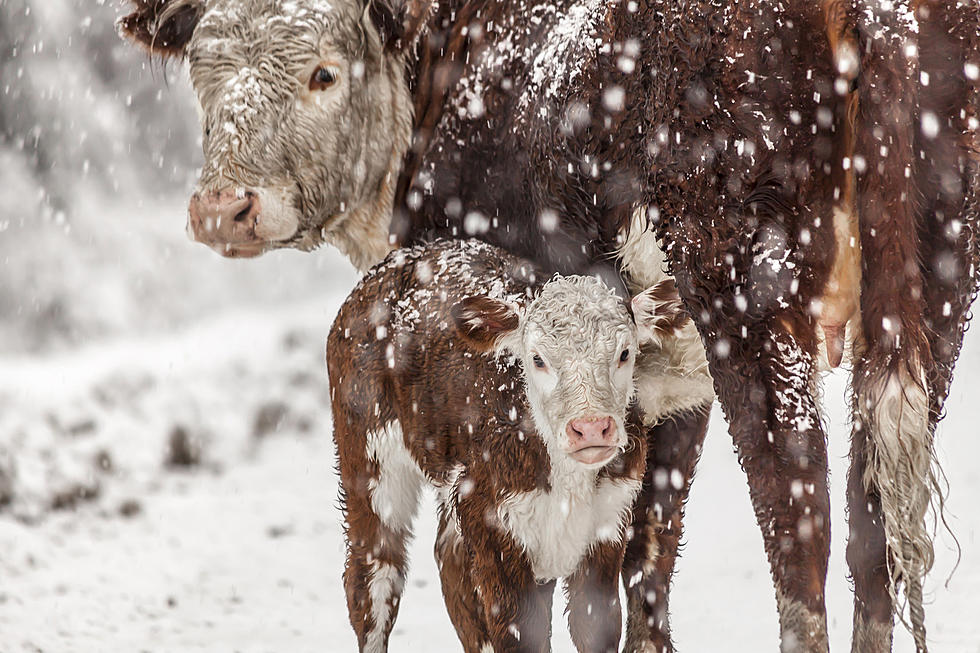
![[PODCAST] Governor Mark Gordon Chats About Economy, Cannabis, and Culture Wars in Wyoming](http://townsquare.media/site/101/files/2023/02/attachment-Untitled-design-33.jpg?w=980&q=75)
